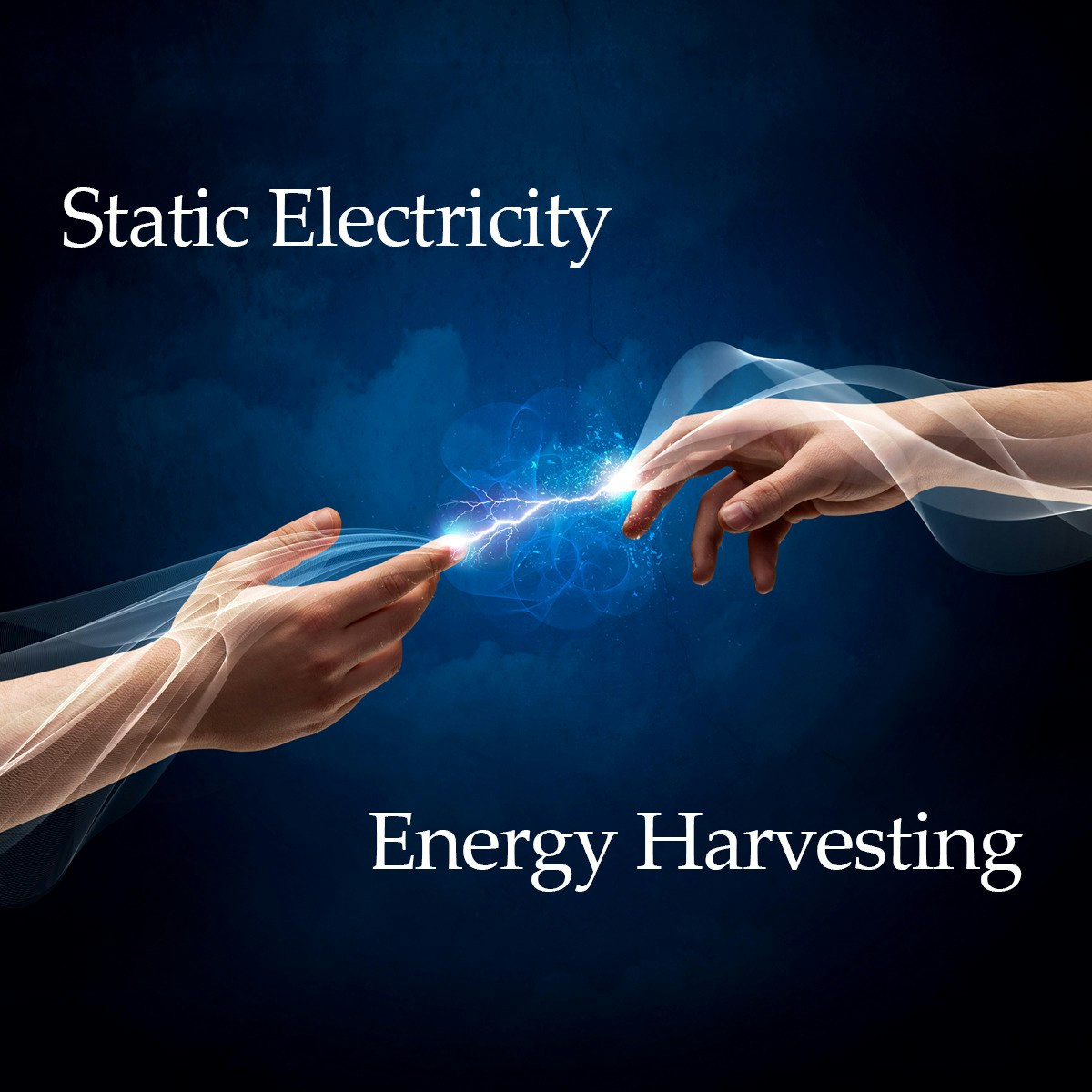
Joining this course presents opportunity to learn about energy harvesting that refers to a technology that converts the energy discarded in our daily lives into useful electrical energy that we can use. As we all know, most of low-power electronics, such as remote sensors, are driven by batteries. However, even when it comes to long-lasting batteries, they face an issue that is a regular replacement. It can turn out to be costly as there are hundreds of sensors in remote locations. Whereas, energy harvesting technologies supply unlimited operating life of low-power equipment and even remove the need to replace batteries where it is costly, unfeasible, or unsafe. The whole sessions cover the concept of energy harvesting technologies, which has gained popularity over the last few years, and thus will be beneficial for those who seeks for understanding principles and their applications.
What's inside
Syllabus
Week 1. Energy and Thermodynamics
Week 2 : Materials property and Energy Harvesting
Week 3 : Energy Harvesting _ Triboelectric Nanogenerator
Read more
Syllabus
Good to know
Save this course
Reviews summary
Highly praised energy harvesting course
Activities
Review Energy Thermodynamics
Show steps
Understand the key concepts, equations, and applications of Thermodynamics as they relate to energy harvesting technologies.
Browse courses on
Energy Transfer
Show steps
-
Read relevant materials from Energy and Thermodynamics.
-
Attend the lecture or watch the video on Energy and Thermodynamics.
Explore Energy Harvesting Case Studies
Show steps
Review real-world examples of successful energy harvesting applications.
Show steps
-
Read case studies on successful energy harvesting implementations.
-
Identify the key challenges and solutions discussed in the case studies.
Design Energy Harvesting System
Show steps
Develop a prototype energy harvesting system based on the principles and techniques learned in the course.
Show steps
-
Research and select a suitable energy harvesting technology.
-
Design and build a prototype energy harvesting system.
-
Test and evaluate the performance of the system.
One other activity
Expand to see all activities and additional details
Show all four activities
Attend Energy Harvesting Workshop
Show steps
Connect with industry experts and learn about the latest advances in energy harvesting technologies.
Show steps
-
Find local energy harvesting workshops or conferences.
-
Attend the event and take notes on relevant presentations and discussions.
-
Network with speakers and attendees to exchange ideas and learn about potential collaborations.
Review Energy Thermodynamics
Show steps
Understand the key concepts, equations, and applications of Thermodynamics as they relate to energy harvesting technologies.
Browse courses on
Energy Transfer
Show steps
- Read relevant materials from Energy and Thermodynamics.
- Attend the lecture or watch the video on Energy and Thermodynamics.
Explore Energy Harvesting Case Studies
Show steps
Review real-world examples of successful energy harvesting applications.
Show steps
- Read case studies on successful energy harvesting implementations.
- Identify the key challenges and solutions discussed in the case studies.
Design Energy Harvesting System
Show steps
Develop a prototype energy harvesting system based on the principles and techniques learned in the course.
Show steps
- Research and select a suitable energy harvesting technology.
- Design and build a prototype energy harvesting system.
- Test and evaluate the performance of the system.
Attend Energy Harvesting Workshop
Show steps
Connect with industry experts and learn about the latest advances in energy harvesting technologies.
Show steps
- Find local energy harvesting workshops or conferences.
- Attend the event and take notes on relevant presentations and discussions.
- Network with speakers and attendees to exchange ideas and learn about potential collaborations.
Career center
Electronics Engineer
Materials Scientist
Mechanical Engineer
Chemical Engineer
Renewable Energy Engineer
Environmental Engineer
Electrical Engineer
Computer Engineer
Civil Engineer
Manufacturing Engineer
Industrial Engineer
Systems Engineer
Software Engineer
Data Scientist
Project Manager
Reading list
Share
Similar courses
OpenCourser helps millions of learners each year. People visit us to learn workspace skills, ace their exams, and nurture their curiosity.
Our extensive catalog contains over 50,000 courses and twice as many books. Browse by search, by topic, or even by career interests. We'll match you to the right resources quickly.
Find this site helpful? Tell a friend about us.
We're supported by our community of learners. When you purchase or subscribe to courses and programs or purchase books, we may earn a commission from our partners.
Your purchases help us maintain our catalog and keep our servers humming without ads.
Thank you for supporting OpenCourser.



